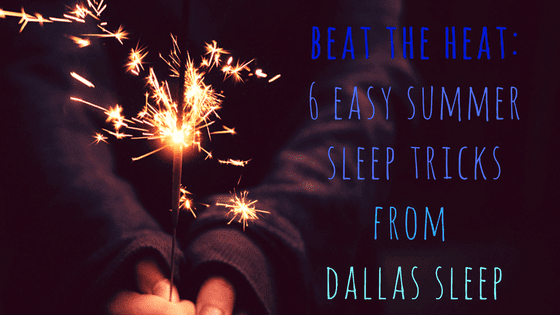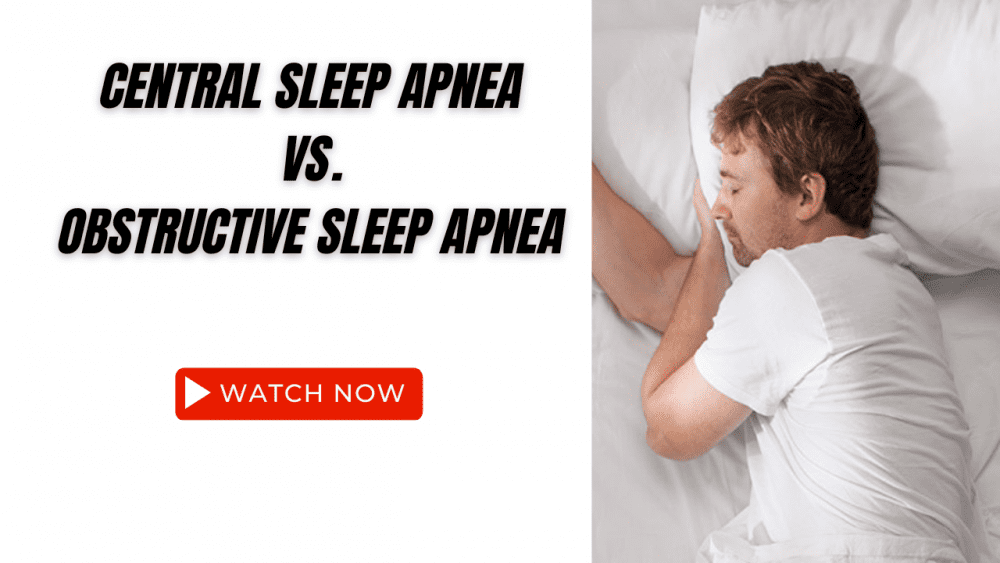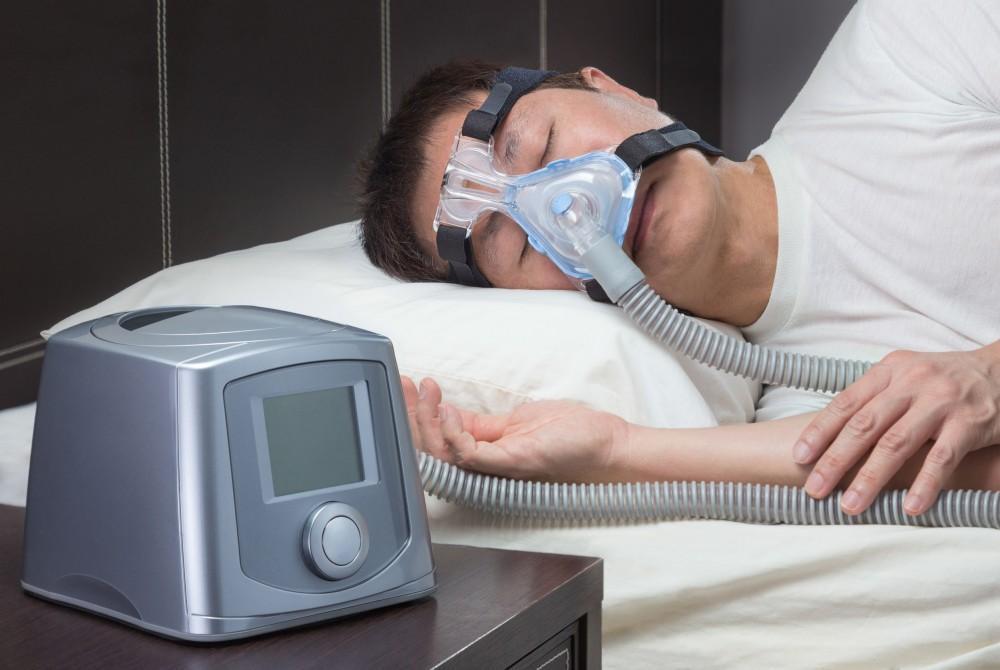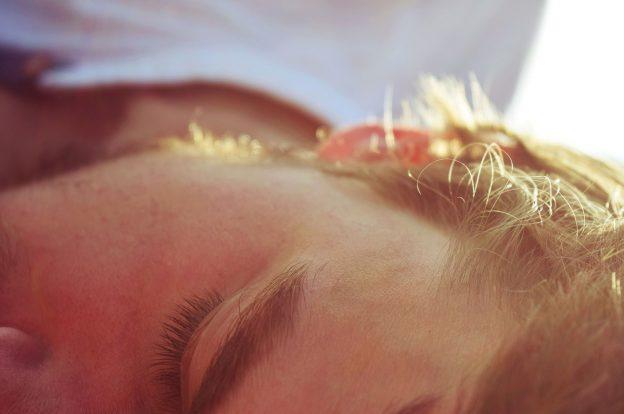
Get Better Sleep in the Heat With These Simple Tricks

There’s no escaping it: summer is here, and it is in full swing. Here in Texas, we’re hitting triple digits and we’re likely to stay there for a while. While you’re probably already keeping an eye on things like UV levels and your water consumption, you may have a little more trouble getting to sleep than you do the rest of the year, especially if all of the A/C in the world can’t keep you cool and comfy between the sheets. It’s not in your head: longer days and hotter nights can mean you spend more time tossing and turning and less time getting the sleep that you need, which is vital in the summer months when we’re asking our bodies to work harder.
No worries, though. There are a few simple tips and tricks to keep you comfortable and sleeping well, and we can help you keep your cool.
Keep your room dark before the sun sets
If the heat has you cooped up and going nuts inside, it can be really tempting to throw all of the blinds to keep from feeling like a hermit during the day. But besides ratcheting up your cooling bill, keeping the ones in your room wide open all day ensures the space will bake. The last thing you want when you’re sleepy is a warm, cozy room. You want a cool cozy one, and good blackout shades or blinds when the sun is up will make sure you have one when the sun goes down.
Not only that, but because the sun will continue to set late for another month or so, having blinds that can effectively darken a room will be a huge help. Knocking out both heat and light will make sure that your body gets the signal that it’s time to settle down.
Bonus: Summers can get noisy, too. It’s vacation time, and that means social evenings and kids with no early bus to catch. That can mean late night noise, especially if you live in an apartment complex where your neighbors are close and plentiful. Good blackout curtains muffle sound, too, so you can sleep no matter how late they stay up.
It’s about the heat and the humidity in the bedroom
Now that we’ve covered how a bedroom with residual heat can keep you up longer than you’d like, let’s talk about heat’s annoying little cousin: humidity. You can have a room that’s in a comfortable temperature zone and still be completely miserable if you feel, well, kind of damp. Muggy spaces are tough to sleep in.
Add special accommodations for sleep — A CPAP, for instance, or even an anti-snore mouth guard — throwing the moisture level out of whack in one direction or the other can mean an extra layer of sleep-related stress. As you attempt to adjust to hotter, drier nights — if you live in the southwest — or muggier ones in other regions and when you’re traveling, try to maintain a comfortable 30-50% humidity level with a personal dehumidifier.
Lighter meals can help you fall asleep faster
The last thing anyone wants at the end of a hot day is pot roast stew with a lovely cream broth, but sometimes, the “summer food” that we consider to be light and easy is anything but. Grilled meats, salty hot dogs, mayonnaise-drenched cold “salads” and the like are much heavier than our bodies might otherwise like when so much energy is expended on just keeping us upright in the heat.
It takes energy to metabolize food, and the closer you eat tough-to-digest food to bedtime, the more likely you are to feel wired. Try to stick to light, fruit-and-vegetable heavy meals that are easier to digest. If you absolutely have to grill in the evening — who would judge you? — keep a good mix of lean proteins and lighter stuff like fish with the rows of bratwursts and cheese dogs, and try to wrap meal time up an hour or two before you plan on hitting the hay to send your brain the right signals via your stomach.
The right sheets are the key to summer comfort
At some point, I think we all know what it’s like to throw your sheets off on a midsummer’s night, flip your pillow over a dozen times, and fling your arms and legs out just to cool off a little. It rarely works, and you’ll probably spend more time wondering when someone switched your usual sheets out for one of those hypothermia blankets paramedics use.
It sounds like an exaggeration, but it might not be too far off. Lots of sheets are made of fabric blends, like polyester and cotton, which helps keep them wrinkle-free, and treated with chemicals to keep them from shrinking. Consider getting summer sheets — the ones you pull out when it really starts to heat up.
Cotton, bamboo, and linen are all big yeses; silk, flannel, wool, jersey, satin, and fleece are a huge no. Also, try to stay away from blends with too much polyester, since that particular fiber is, in fact, a plastic, which isn’t a very breathable material.
Oh, and it goes without saying that your fabric choices in bed will pay off if you extend them to your pajamas, too.
Raise your body temperature a little before bed
If you are having getting to sleep anyway, and you just need some relief — any relief — from the heat, consider taking a warm shower.
Yep. You read that right.
Your body temperature drops as you fall asleep and stays a few degrees lower all night than it does when you’re awake. So jumpstart these circadian signals by giving them a leg up. Taking a warm (never hot) shower, keeping your feet outside of the covers, using a lotion that’s been stashed in the fridge, and just generally taking your body temperature down safely and abruptly will often do the trick.
Sometimes, you’ll have to warm up a little first to do that so your body gets the picture.
Ease in and out of “vacation mode” when you need to
One way sleep loss can sneak up on you over the summer months is through a schedule that fluctuates. If the kids are sleeping in, you might be able to, too! Then there’s the vacations and stay-cations and time off over long weekends or during week long beach trips.
Later nights, long flights, and changing time zones can all make it tough to get and stay on track during the hot summer weeks. And honestly, no one expects you to tuck yourself right as the sun sets during the beach side family reunion.
What you might consider doing instead is allowing yourself a day or two to ease in and out of routine at the beginning and end of a disruptive (but fun!) vacation. You can head to bed earlier the first and last days of vacation, or take it a half an hour and a time. What you want to accomplish is the same amount of sleep you usually get, no matter what time your bed time ends up being. Weaning yourself off of late nights and long sleep-ins toward the end of your break will make the routine back home easier too!
Of course, if none if this works and you think you have a bigger sleep problem than just the heat, you may need a sleep study to find out what’s keeping you up at night. Call us at Dallas Sleep to find out how we can help!
You Might Also Enjoy...


Dr. Kakar Products

Central apnea vs. Obstructive sleep apnea

Warning to Patients about Ozone Cleaners

Ways to Help You Keep Hope Alive

